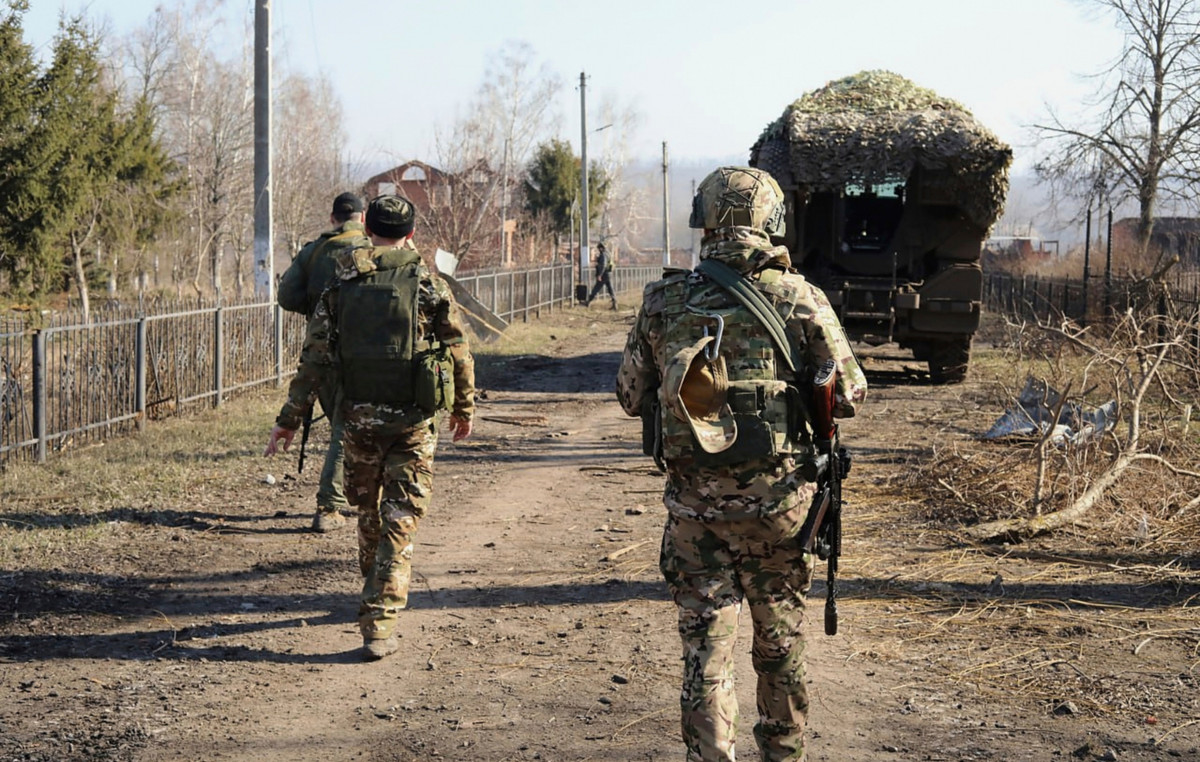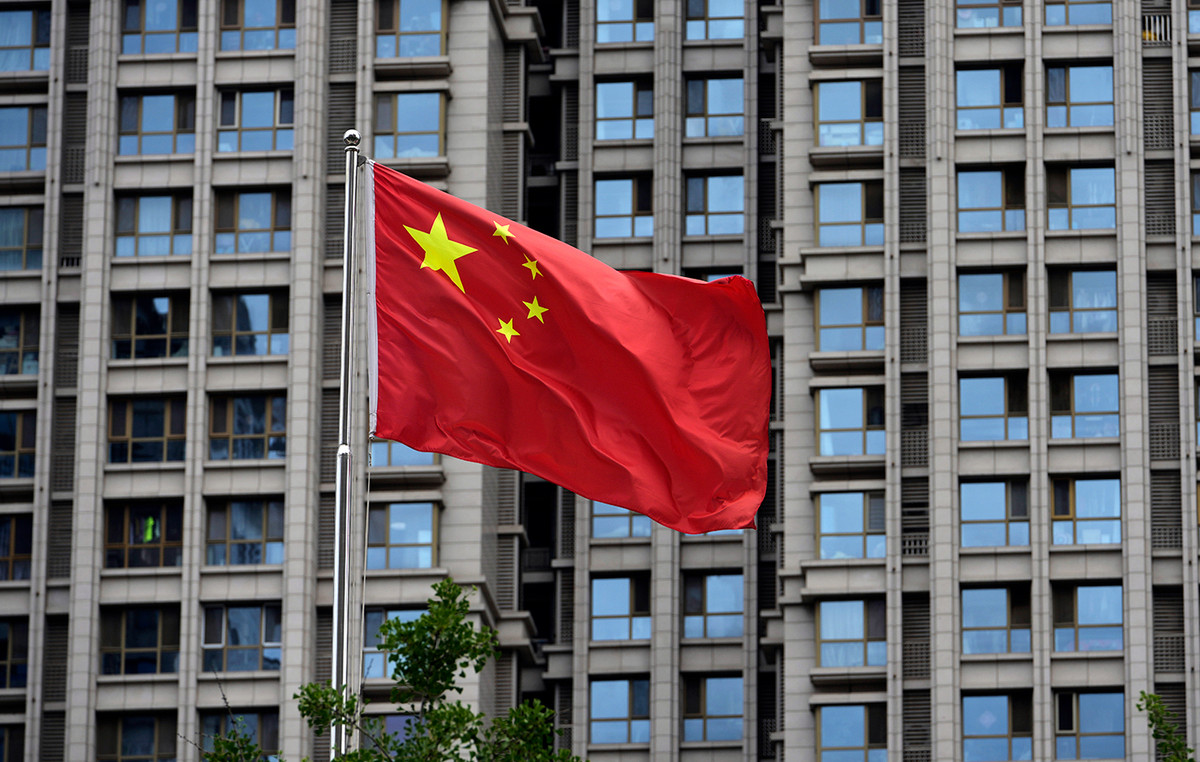Partnering with municipalities to take vaccination to schools will be one of the strategies of the state secretary of Health of São Paulo, Eleuses Paiva, to combat the drop in vaccination coverage.
A doctor and former federal deputy, Paiva says that there are no plans to change the rules requiring proof of vaccination for school enrollment, but said he believes that convincing people to get immunized will be through “a relationship of trust” with parents, and not mandatory.
“We are talking with the Secretary of Education to take advantage of the fact that children are returning to use the network that we have of teachers, of associations of parents and teachers to take this information into schools. And convince the municipalities not to leave only the post. In the past, we didn’t go to get the vaccine at the UBS, we went to the school. So, I am starting a conversation with municipalities to see how we can put vaccination stations in schools, ”he told Estadão.
During the election campaign, the now governor Tarcísio de Freitas (Republicans) indicated that he could withdraw the requirement of the vaccination card. Today, parents must present the updated document at school enrollment. If they don’t, the children can attend classes, but the unit’s management must call the Tutelary Council to report the situation.
Reducing queues and reactivating beds are among the priorities
According to the Secretary of Health of São Paulo, Eleuses Paiva, at least 12% of the beds of the Unified Health System (SUS) in São Paulo are inoperative. His focus, at first, will be on reactivating beds and reducing queues in oncology, which has more than 1,500 people waiting for treatment, some for nine months, a condition that he classifies as “unacceptable”.
“When we are treating cancer, it is a race against time. Depending on the type and aggressiveness of the tumor, you totally change the person’s prognosis with a wait like that, “she said.
Therefore, attention is focused mainly on combating oncology queues. “We are carrying out an operation so that, after one hundred days of government, there is no one, at least in the queues that we regulate, in the state, who takes more than 60 days between the diagnosis and the start of treatment”, he said. In a second moment, attention will be focused on cardiology.
According to Paiva, the state has a total of 55,000 SUS beds, of which around 7,000 are inactive in the state network for financial or operational reasons. “That number could be even higher. There are several units under construction, but with no cost foreseen in the budget. Therefore, before starting to build units, an accurate diagnosis of the reason for closing these beds is necessary, how to reopen them and which regions are most in need, ”he said.
The new secretary also does not rule out the possibility of forming partnerships with the private sector to increase the number of vacancies.
“The queue needs to move. One of the proposals is to invest in the agility of performing surgeries, establishing single queues, regionalized, with periodic monitoring and updating according to the patient’s clinical status, in addition to increasing and improving the quality of service provision. If necessary, we will partner with the private sector to meet repressed demand. However, before that, it is necessary to exhaust the possibilities within our health services”.
Beds were reactivated at the Cancer Institute of São Paulo (Icesp) and talks are being negotiated with Hospital das Clínicas, Hospital São Paulo, Santa Casa and hospitals in São José do Rio Preto, Marília and Ribeirão Preto.
Source: CNN Brasil
I am an experienced journalist and writer with a career in the news industry. My focus is on covering Top News stories for World Stock Market, where I provide comprehensive analysis and commentary on markets around the world. I have expertise in writing both long-form articles and shorter pieces that deliver timely, relevant updates to readers.







